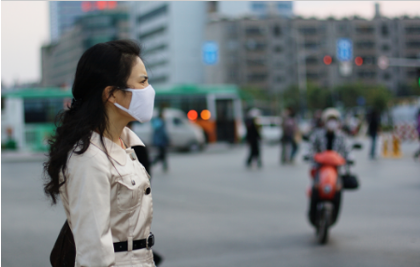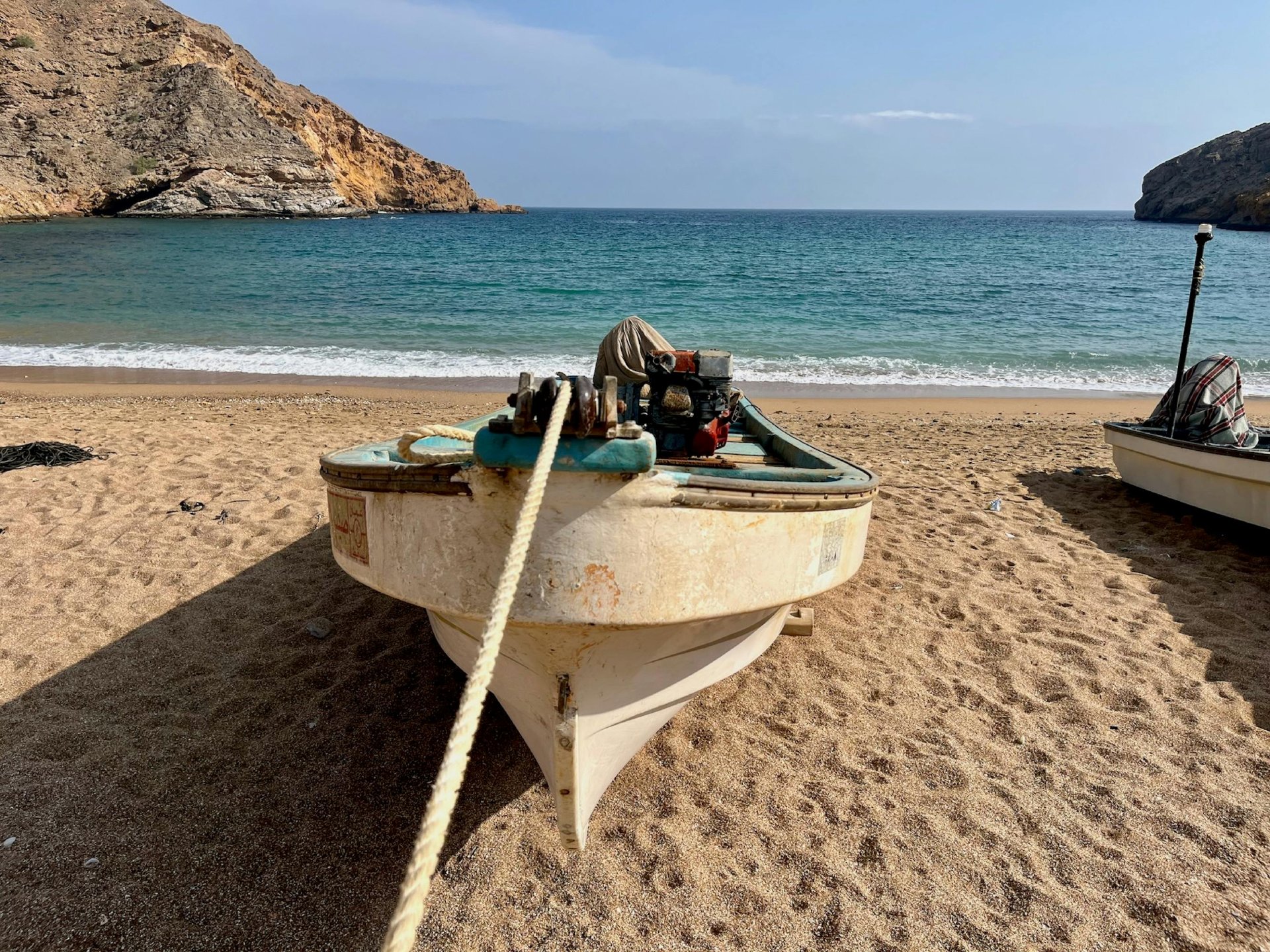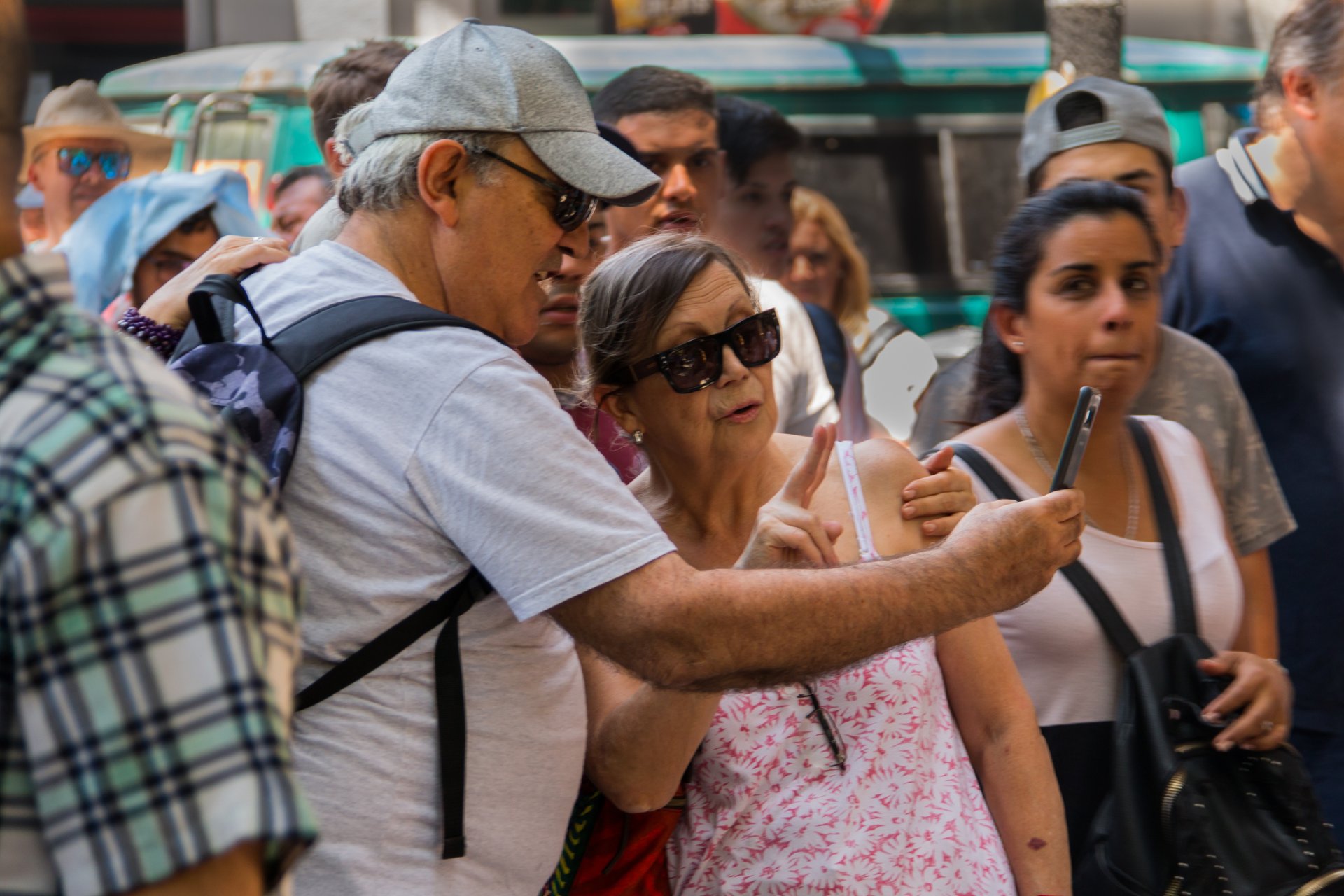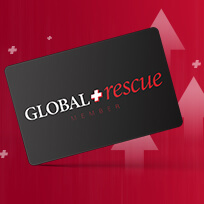MERS-CoV, or Middle East Respiratory Syndrome Coronavirus, belongs to the large family of coronaviruses which have been known to cause illness in both humans and animals. In humans, the coronaviruses can cause mild respiratory illness like the common cold to severe life-threatening illness such as MERS-CoV or Severe Acute Respiratory Syndrome (SARS).
MERS-CoV was first reported by the World Health Organization on 22ndSeptember 2012; since then, all the associated cases globally have been linked back to the Arabian Peninsula. The disease first emerged in Jordan in April 2012 and was retroactively attributed to MERS later that year.
Transmission:
It is suspected that the primary source of transmission is from infected animals to people working closely with the animals, with limited human-to-human transmission. Camels are suspected to be the main animal source of infection but this has yet to be confirmed by health authorities and investigations regarding the source are ongoing. The incubation period is 2-14 days.
Countries with Lab-confirmed MERS cases
Countries in or near the Arabian Peninsula with cases:
–Saudi Arabia
–United Arab Emirates (UAE)
–Qatar
–Oman
–Jordan
–Kuwait
–Yemen
–Lebanon
–Iran
Countries with Travel-associated cases:
–United Kingdom (UK)
–France
–Tunisia
–Italy
–Malaysia
–Philippines
–Greece
–Egypt
–United States of America (USA)
–Netherlands
*Two patients were transferred to Germany for care
Who is at risk:
–Anyone visiting farms, markets, barns or places where camels are present
–Recent travelers to the Arabian Peninsula
–Anyone in close contact with an ill traveler from the Arabian Peninsula
–People with diabetes, kidney failure, chronic lung diseases or weakened immune systems
–Healthcare workers caring for infected patients.
Signs and symptoms:
–Fever
–Cough
–Shortness of breath
–May have gastrointestinal symptoms such as diarrhea, nausea or vomiting.
It should be noted that not all infected individuals will exhibit symptoms. Those who have traveled to the Arabian Peninsula should be cautious, regardless of their activities or outward symptoms.
Treatment:
There is no specific treatment for MERS-CoV infection. The current treatment regimen involves supportive care to alleviate symptoms and provide support to vital organ functions.
Prevention:
- Observe good personal hygiene at all times.
2. Practice frequent hand-washing (before handling food or eating, after going to the toilet or when hands are soiled). Use alcohol-based hand sanitizer if soap and water are not available.
3. Avoid close contact with persons suffering from acute respiratory infections.
4. Cover your nose and mouth with a tissue when you cough or sneeze, then throw the tissue in the trash.
5. Avoid touching your eyes, nose and mouth with unwashed hands.
6. Avoid contact with camels and other live farm/wild animals. If there is contact, wash hands thoroughly with soap.
7. Adopt good food safety practices and avoid consuming unpasteurized milk and uncooked meat.
8. Get vaccinated against influenza and meningitis. While there is NO vaccination against MERS-CoV, vaccinations against influenza and pneumococcal infection can help prevent these common infections that have symptoms similar to MERS-CoV.
9. If you are traveling to the Arabian Peninsula and have pre-existing chronic conditions, consult your doctor prior to your travels for medical travel advice.
10. Should you become unwell with fever and cough during or after your recent travel (within two weeks) to the Arabian Peninsula, put on a mask and seek medical attention immediately.

Temperature surveillance of passengers at airports
Airports around the world have begun temperature monitoring and health surveillance checks of passengers upon arrival.
To our knowledge, a number of major international airports have installed and implemented infrared temperature monitoring:
1. Middle East International Airports – Riyadh, Jeddah, Dubai, Abu Dhabi, Kuwait City and Bahrain
2. Australia – Sydney, Melbourne, Perth, Darwin
3. New Zealand
4. Singapore
5. Hong Kong
6. Malaysia – Kuala Lumpur
7. United Kingdom
8. Turkey – Istanbul
These infrared temperature machines will detect passengers with a high body temperature as they pass through the checkpoints. This helps the health officials at the checkpoints to quickly screen incoming passengers with fever (one of the signs and symptoms of MERS-CoV). However, not all MERS-CoV infected individuals will exhibit symptoms, much less a fever, rendering the temperature scanners not entirely effective. Nonetheless, temperature scanners are the method that health authorities are employing as a first line of screening. Passengers with a higher than normal body temperature will be further screened by health officials. In addition, the passenger may be asked to complete a questionnaire detailing recent travel histories and activities. Depending on the reply, the passenger may be required to be seek immediate medical attention at one of the airport clinics before being allowed to enter the country.
For anyone who has symptoms of fever, cough or shortness of breath prior to travel, it is advisable to seek medical consultation to obtain a fitness to fly memo or certificate. The memo or certificate should indicate any recent travels.
Sources:
http://www.cdc.gov/CORONAVIRUS/MERS/faq.html
National Center for Immunization and Respiratory Diseases, Division of Viral Diseases
Page last updated: June 12, 2014
http://wwwnc.cdc.gov/travel/notices/watch/coronavirus-saudi-arabia-qatar
Centers for Disease Control and Prevention
National Center for Emerging and Zoonotic Infectious Diseases (NCEZID)
Division of Global Migration and Quarantine (DGMQ)
Page last updated: May 21, 2014
Ministry of Health, Singapore
Page last updated: May 16, 2014











